The quality of natural, real leather can be determined when it ages with the development of patina which gives it elegant and luxury look. Leather patina is a beautiful quality of leather that gives a distinct look to the leather products over time. Leather patina could develop on various high-quality leather items, like women’s leather jackets or men’s leather jackets, and understanding the process of patina’s development and how it evolves is important for maintaining your favorite look and uplifting your style.
Leather patina is not just about appearance for leather enthusiasts, rather it is a testament to the craftsmanship and quality of the leather item, like leather jackets. In this article, we will explore everything you need to know about what is leather patina, how it changes with use, and how to care for it.
What is Leather Patina?
Leather patina is a term that is used a lot in the world of leather, but its meaning can sometimes be misunderstood. It is basically a natural layer that forms on high-quality materials like wood, leather, metal, stone, and canvas over time. You will not find leather patina on cheap or low-quality leather or materials. Let’s take a closer look at what leather patina really is!
Definition of Patina
Patina refers to the gradual and natural changes in the appearance of a leather object, usually caused by age and exposure to various environmental factors. In the case of leather products like leather jackets, patina leather meaning refers to the distinct color change and a unique texture that develops as the leather jacket ages. So basically, the natural aging process of leather is known as leather patina.
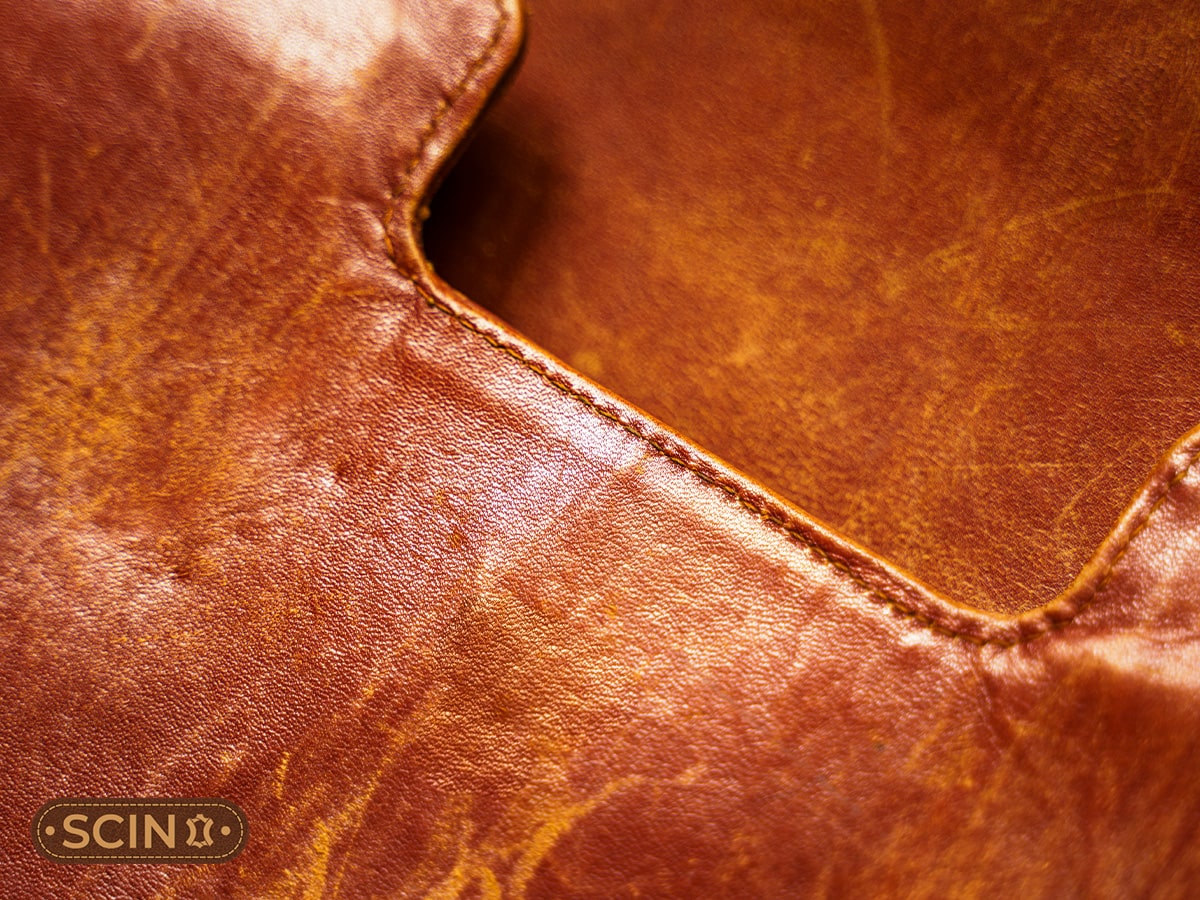
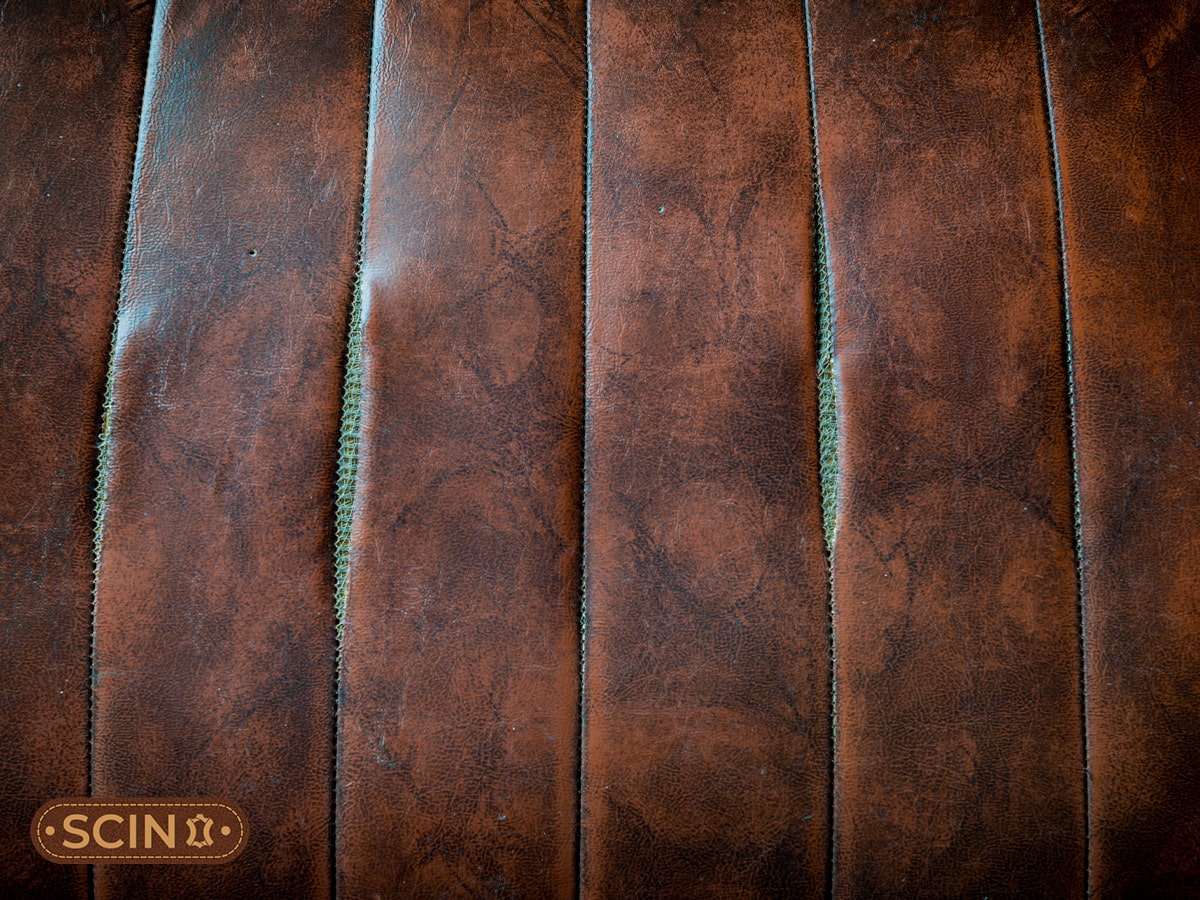
What is Patina on Leather?
Patina on leather is the visible appearance on the upper layer of leather items, like leather jacket due to regular use. It occurs over time with exposure to various elements like natural oils, sunlight, daily wear, and the air that contribute to its aging. The patina gives the leather a deep, rich hue and can make it look more luxurious and worn-in, improving the overall style.
What is patina on leather is critical to understand because it shows the authenticity and quality of the leather. High-quality leather will show a more beautiful and lasting patina, for example patina on full grain leather, giving the leather a highly textured and richer appearance.

Why Patina Reflects Quality
Patina leather is widely seen as a symbol of quality because it signifies that the leather has aged naturally and gracefully. It shows that the leather has lived through a long time without breaking or tearing. With time patina gains depth and character, which improves the leather’s appearance, making it more desirable and proving that the leather item is durable, well-crafted, and a long-lasting investment.

What Changes Can You Expect in Leather Patina Before and After
You will notice positive changes in the appearance of the leather as the leather patina develops. Initially, leather is fresh, and in uniform color, but with time, it darkens and takes a unique hue. Leather patina before and after can be observed in how the color becomes richer and the texture becomes increasingly softer. The patina process can take a very long time, around months or years, and the transformation will vary based on the different types of leather, usage, and exposure to sunlight.
3 Factors in the Creation of Leather Patina
The development of leather patina is influenced by three major factors i.e. natural oils, sunlight, and daily wear. Let’s have a look at them.
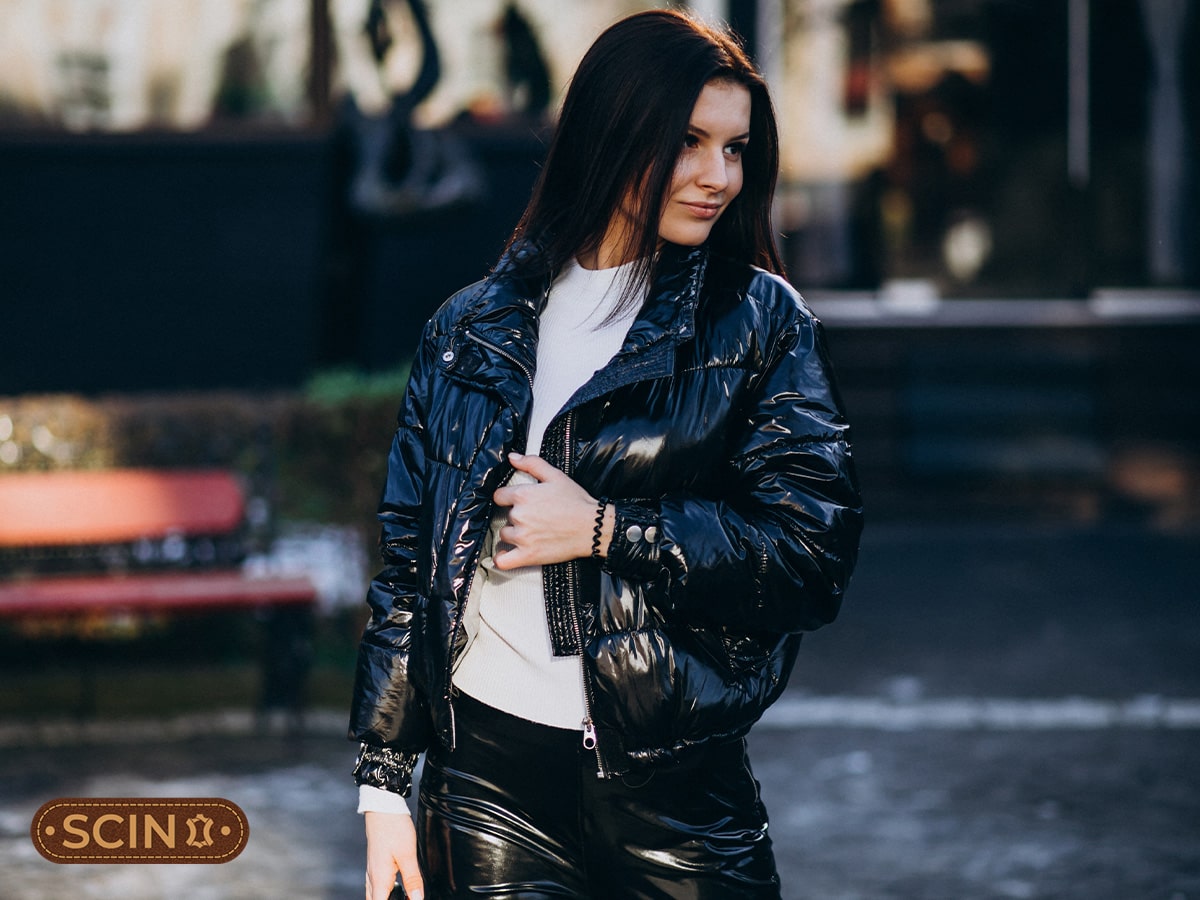
Exposure to Natural Oils
One of the most significant contributors to leather patina is the natural oils coming from your skin. As you handle leather products, like men’s leather jackets, oils from your skin get exposed to the leather, which darkens its surface. This oil exposure contributes to a deep, rich patina, making the leather more luxurious and flexible over time.

Sunlight and UV Exposure
Leather patina is also influenced by sunlight and ultra violet (UV) rays’ exposure. When leather gets exposed to moderate sunlight over time, there is a change in color, often becoming richer or darker. UV rays can speed up the leather’s natural tanning process, giving it a deeper and richer patina. But too much direct sunlight may also cause the leather to dry out and start breaking so average heat is best.
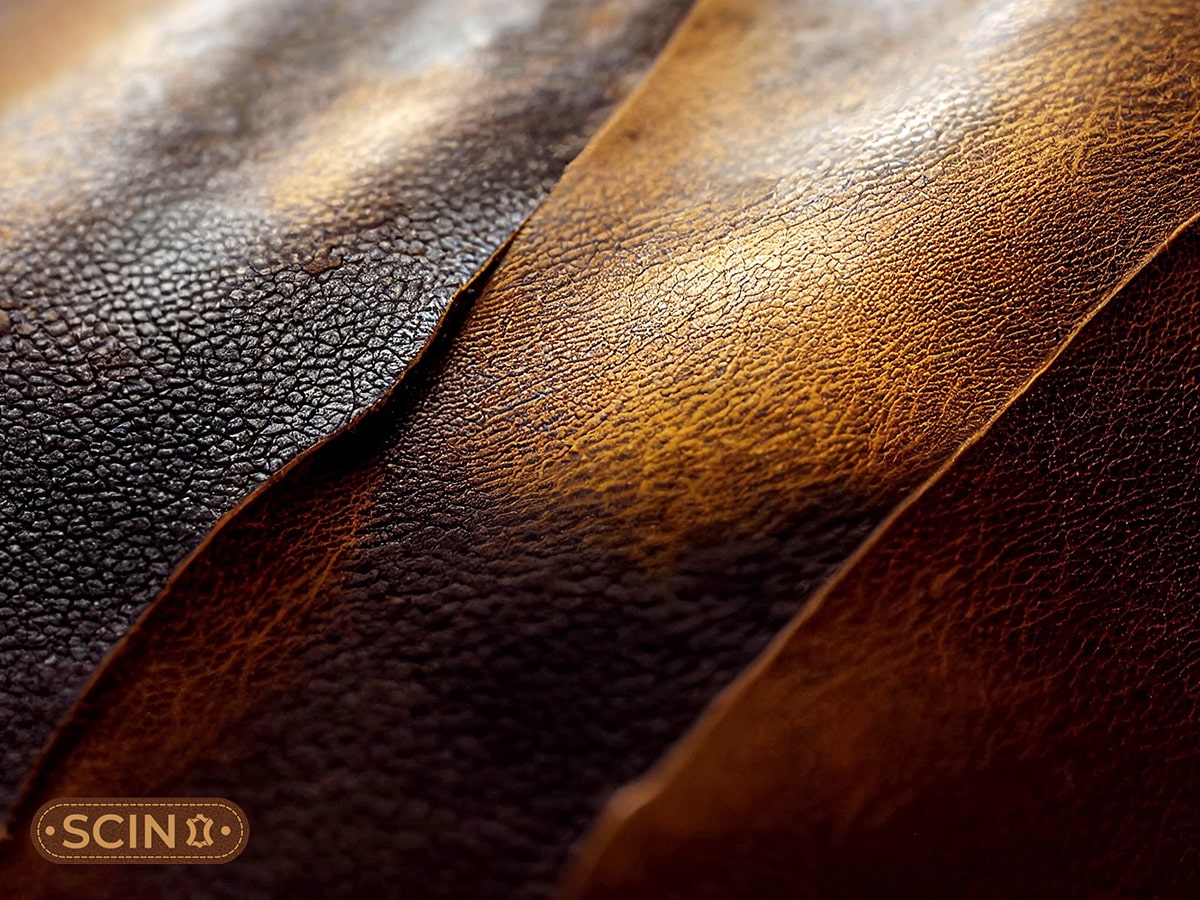

Daily Wear and Tear
Another factor influencing leather patina is daily wear and tear. As leather products like leather jackets or bags are used regularly, hence regular use and various environmental factors such as moisture, dust, and dirt begins to affect the surface of the leather. This daily use enhances the patina process, creating a unique color and one-of-a-kind texture for each leather item.

Different Types of Patina
There are different types of patina that can develop on leather, each resulting in a unique look. Understanding the different types of patina leather can help you better care for your leather items. Let’s explore them in simpler terms.
Oil-Based Patina
An oil-based patina occurs when the leather is exposed to the natural oils on your skin or other natural sources, such as lotions or creams, and absorbs them. This allows the development of a deep, rich sheen on the leather, which makes it look more luxurious. Oil-based leather patinas are often found on high-quality leather jackets and leather wallets.
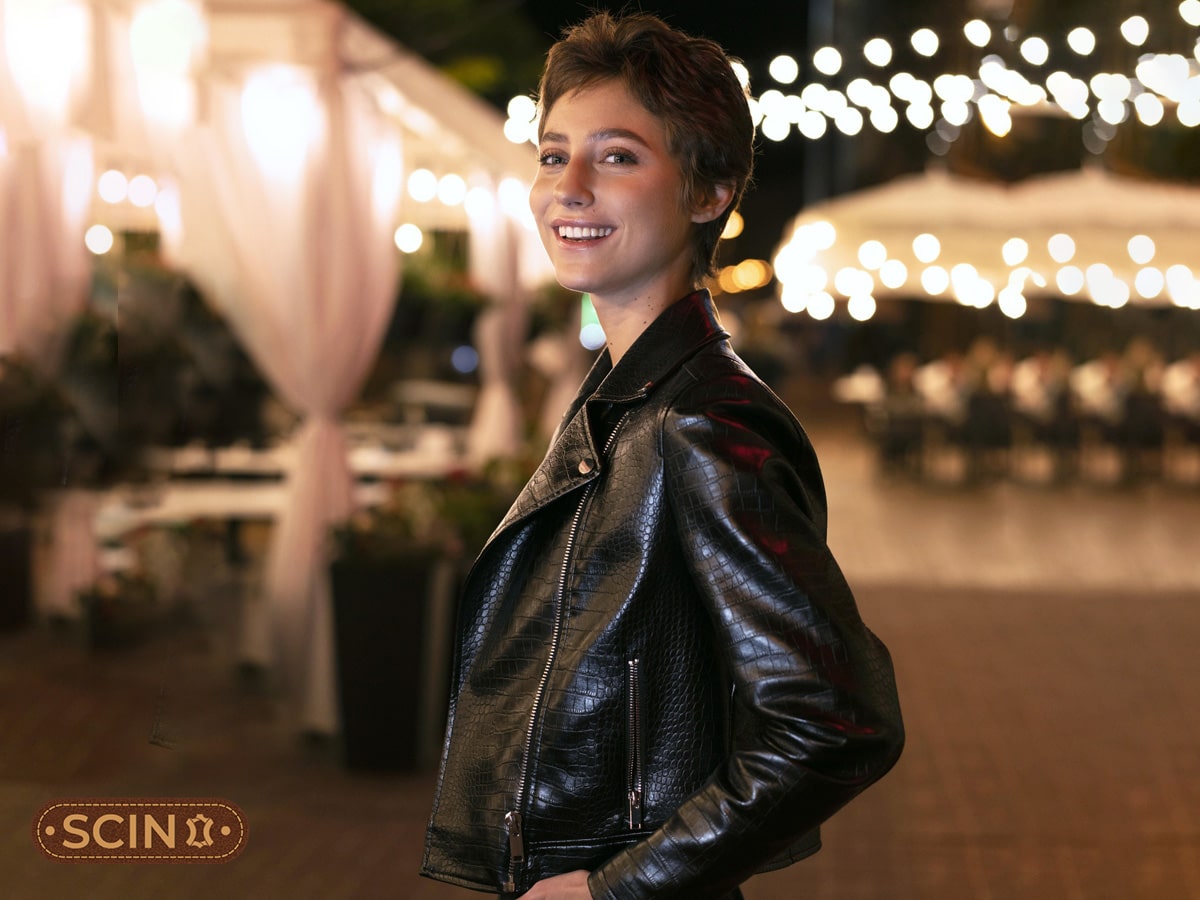
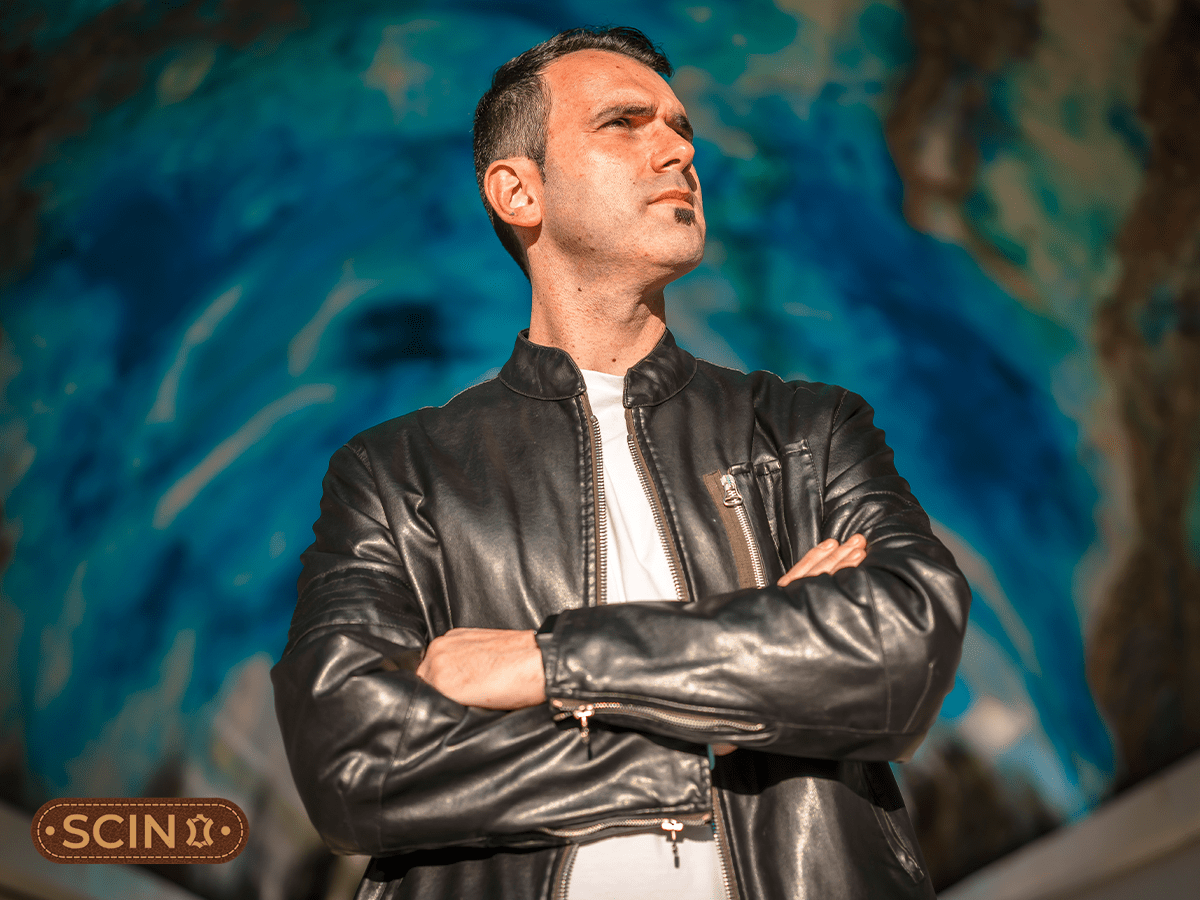
Wax-Based Patina
A wax-based patina develops when the leather is conditioned with waxes to enhance its sheen, and texture. Using wax can create a glossy, slightly polished appearance while still allowing the leather to breathe. This type of patina is often used for men’s leather jackets, where a sleeker and more refined look is appreciated.

Dye-Based Patina
A dye-based patina is another type of patina that occurs during the manufacturing process when the leather is dyed. With time, the color of dyed leather changes, which results in a darker or more aged look. The leather patina that is created due to dyes often gives leather a vintage appearance that becomes more elegant over time.
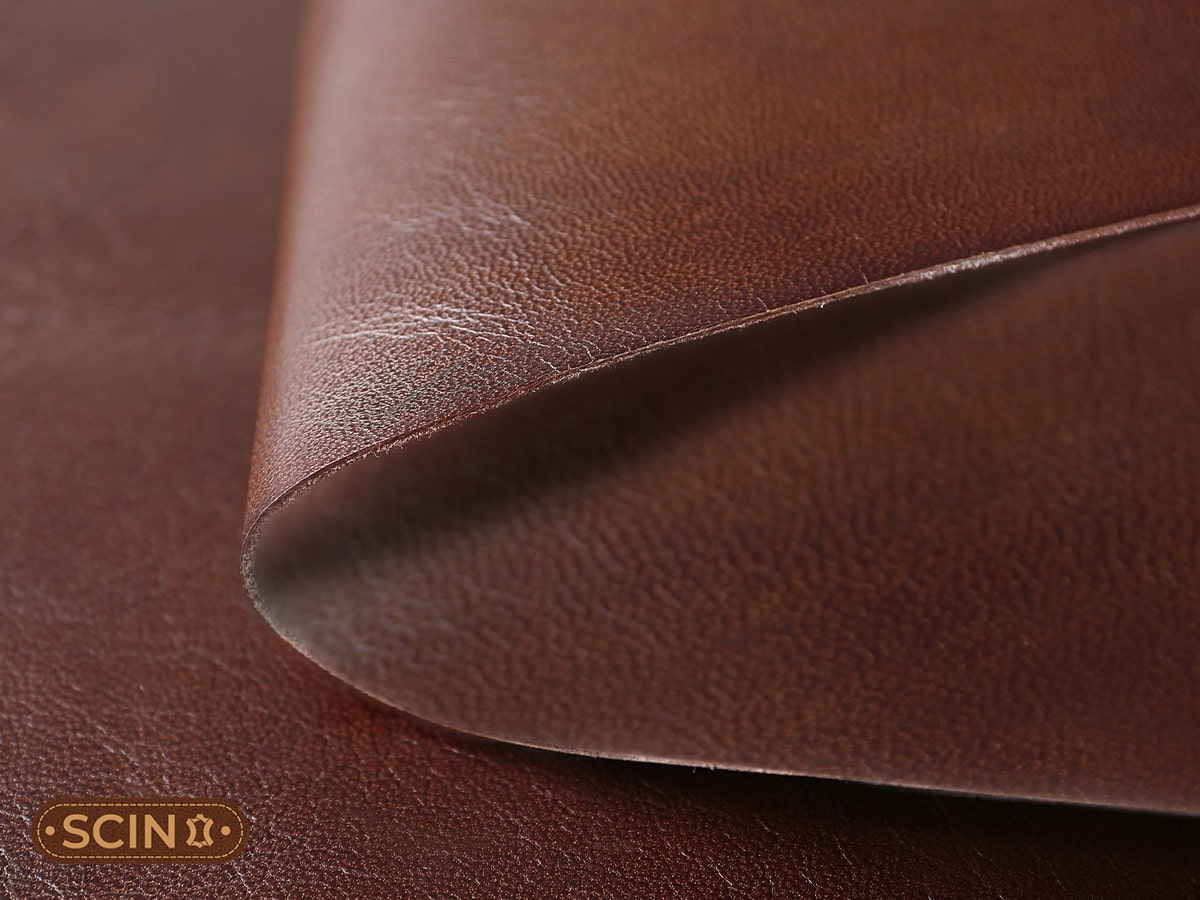
How to Care and Maintain Beautiful Leather Patina
To make sure that your leather goods retain its beautiful and unique patina, proper care is crucial. Here are some tips to care for the leather patina.
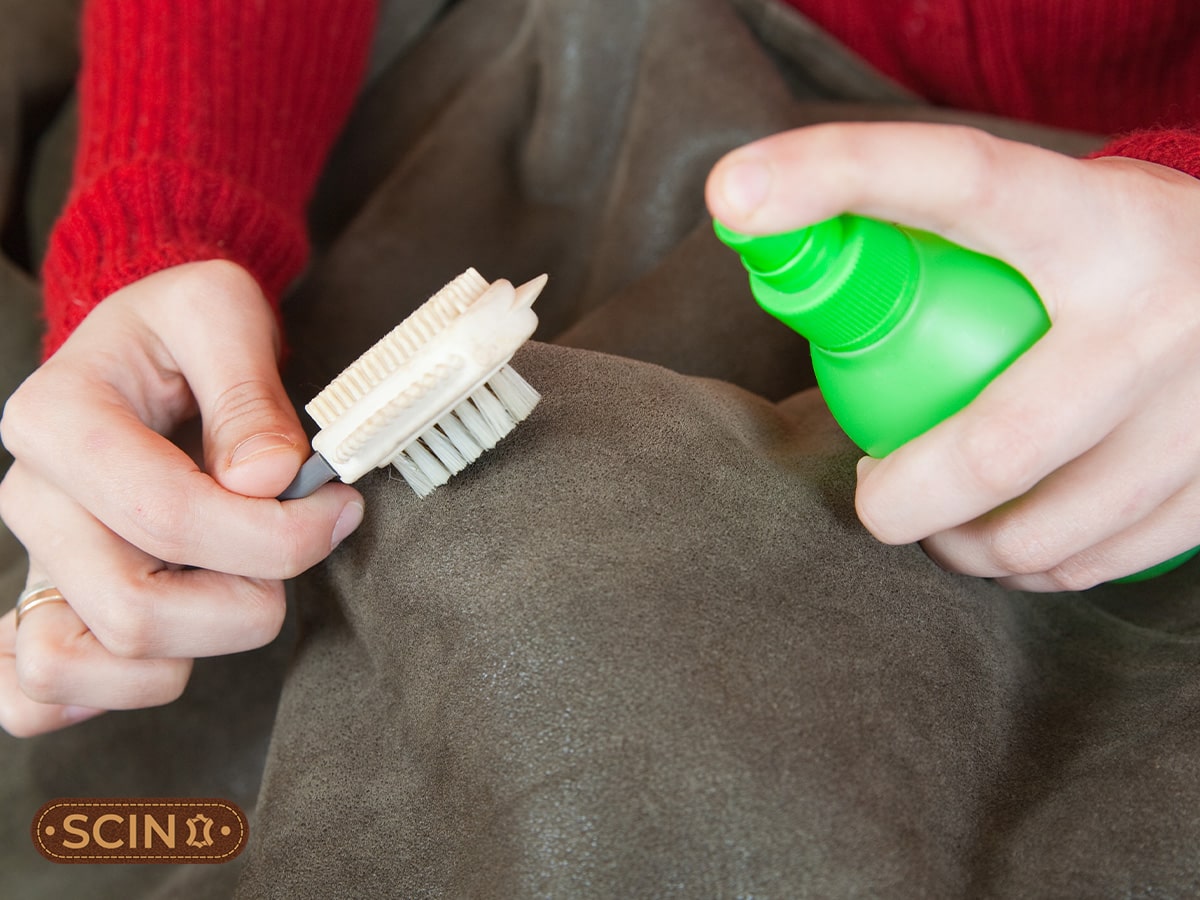
Regular Cleaning
The key to maintaining the patina on leather is regular cleaning. Use a soft cloth or brush and gently wipe off dust to prevent dirt buildup. Do not use harsh chemicals or cleaners. These can seriously damage the surface of the leather and affect its patina. Regular cleaning makes sure that your leather good stays in excellent condition while also allowing the patina to grow naturally.

Condition Your Leather
Leather conditioning is very necessary as it helps maintain leather’s softness and flexibility while allowing the development of natural leather patina. Conditioning the leather goods helps improve and protect the quality of leather and prevent it from drying out or breaking. Try using a conditioner that is suitable for various types of leather jacket to keep the leather soft and hydrated, making sure that the patina develops beautifully.
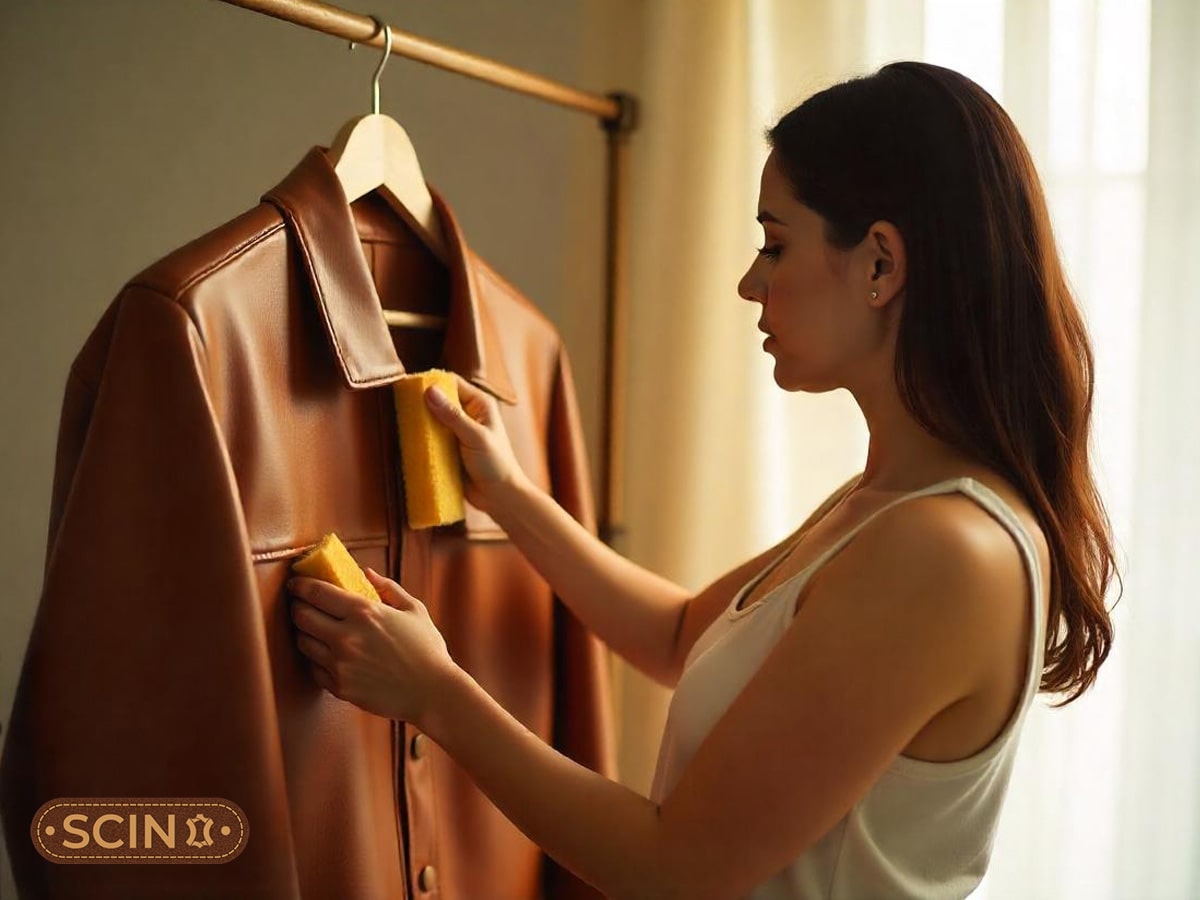
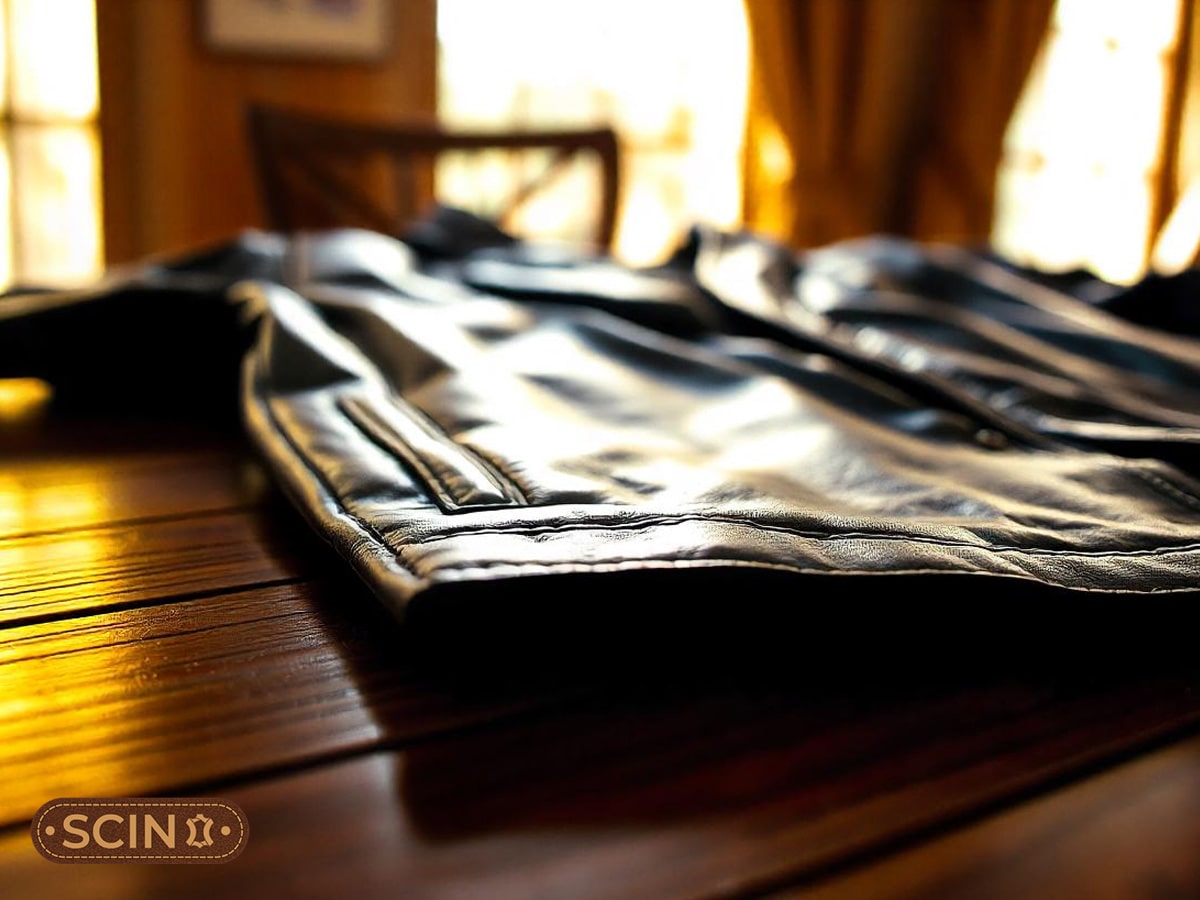
Protect from Direct Sunlight
Although sunlight helps in the leather patina’s development process, excessive exposure or heat can dry out and fade the leather color or vibrancy causing it to break. Protect your leather products from exposure to direct sunlight for a long period of time to prevent this. Store your leather goods in a dry, cool place away from harsh heat sources to keep the leather patina intact and prevent any sort of damage.

Keep Leather Dry
In order to preserve the overall leather structure and patina, leather should be kept dry. Protect your leather goods, especially leather jackets from getting exposed to moisture, as it can seriously damage the leather and cause it to break or lose its natural oils. If your leather product gets wet, dry it gently by using a soft cloth to wipe off the moisture and letting it air dry away from extreme heat sources.
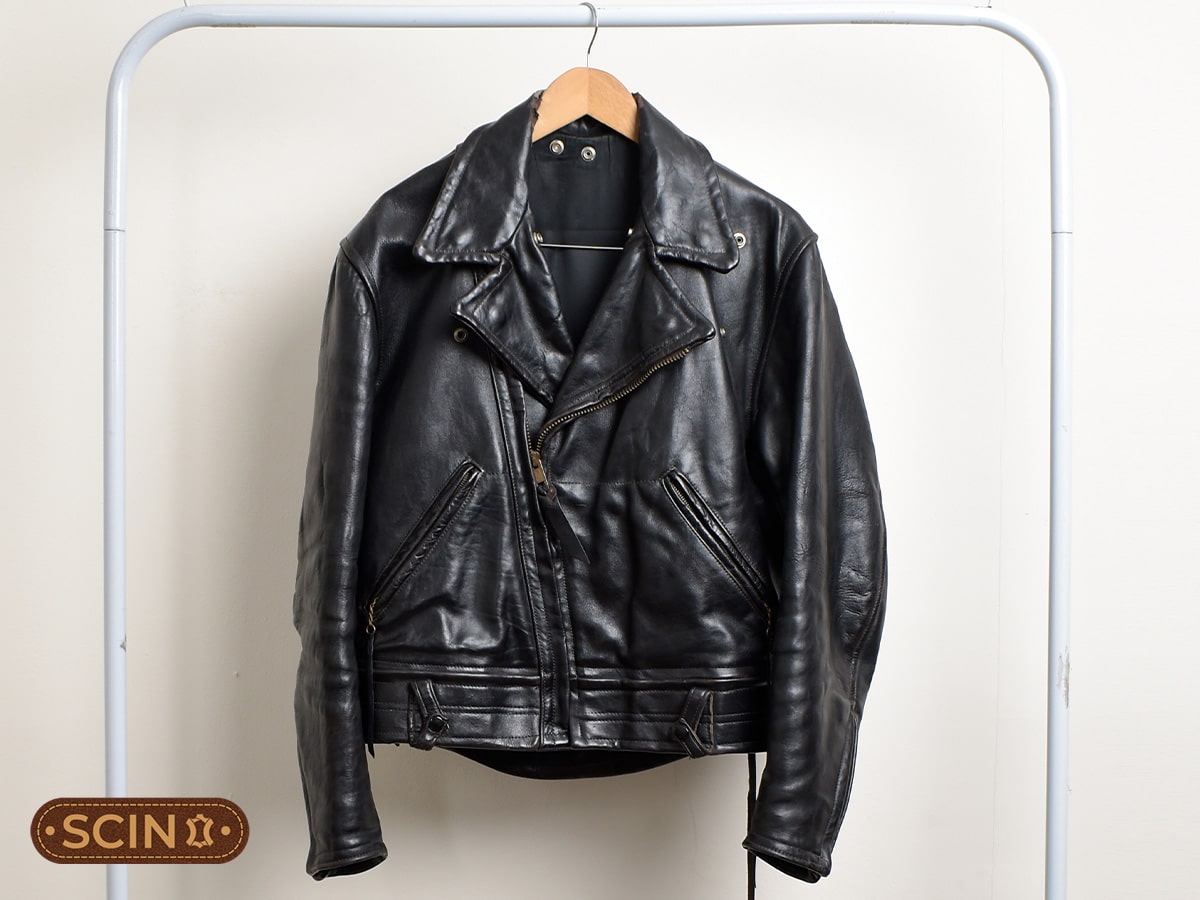
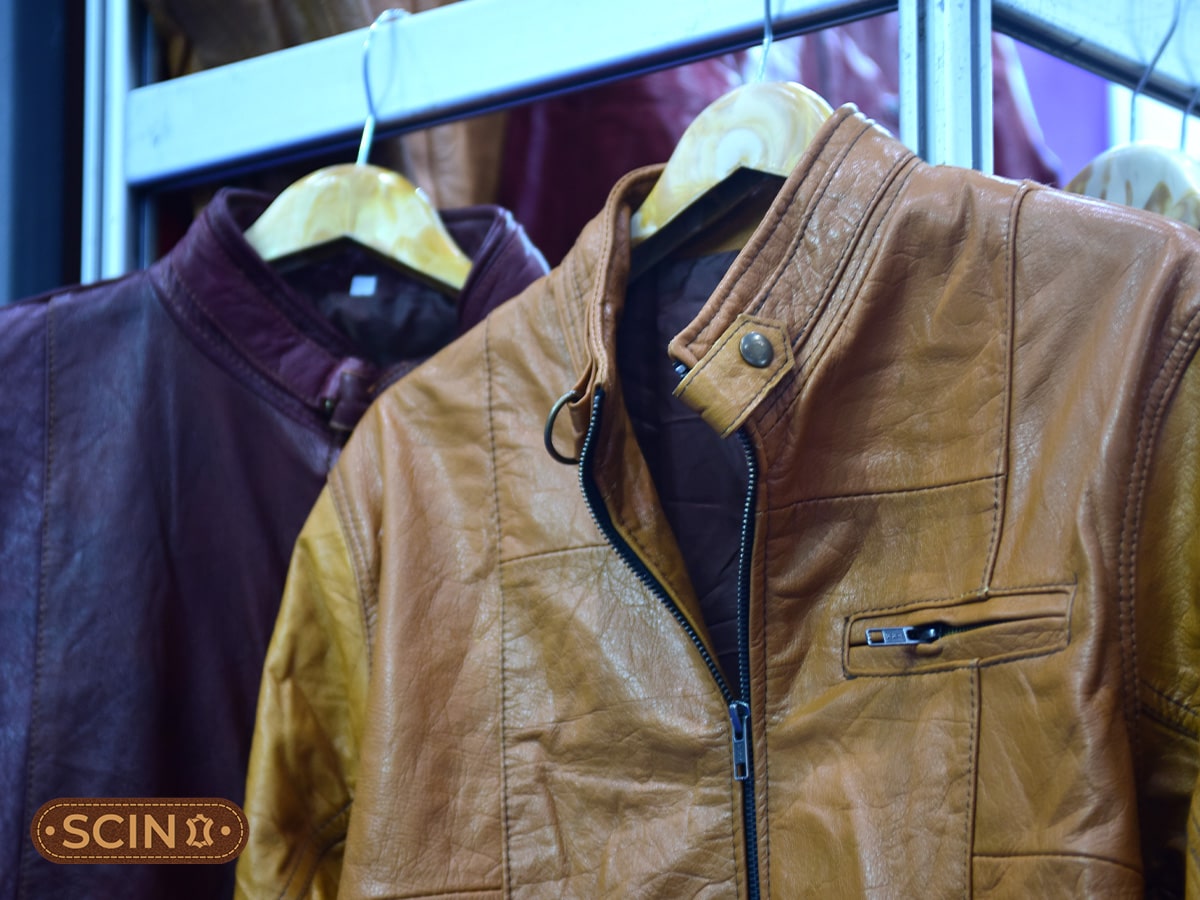
Store Leather Properly
For maintaining leather’s overall appearance and patina, proper storage is also very important. Try to store your leather items in a cool, dry place. Protect them from extreme temperatures and humidity. Keep them in breathable spaces or bags to prevent them from getting mis-shaped or damaged, which can significantly affect the patina’s development.
